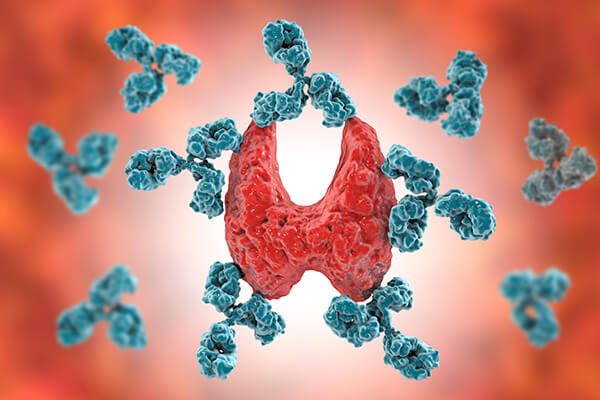Nutritional Counseling

Learn what real food is and how to avoid foods which trigger inflammation, how to correct nutritional deficiencies, and how to eat for optimal health. Understand what an inflammatory diet is and its risks associated with heart disease, dementia, cancer, autoimmune conditions, and early aging.
Middle School Child and Teenager Health Evaluation

Understand what may hinder your child’s optimal growth and development, and the genetic predispositions which may interfere with your child’s physical, emotional, and mental well being.
Inflammaging

Triggers, Markers, Treatment Options, and understand how to biohack your health.
Endocrine Disorders

Adrenal fatigue, Insulin resistance, Metabolic Syndrome, and other hormonal imbalances.
Autoimmune Disorders

Diagnostic testing and treatment options. We use specialized labs to give you a thorough understanding of the complex and confusing diagnosis of autoimmune disorders, and what are your treatment options without using dangerous pharmaceuticals which will suppress your immune system in the long run.
